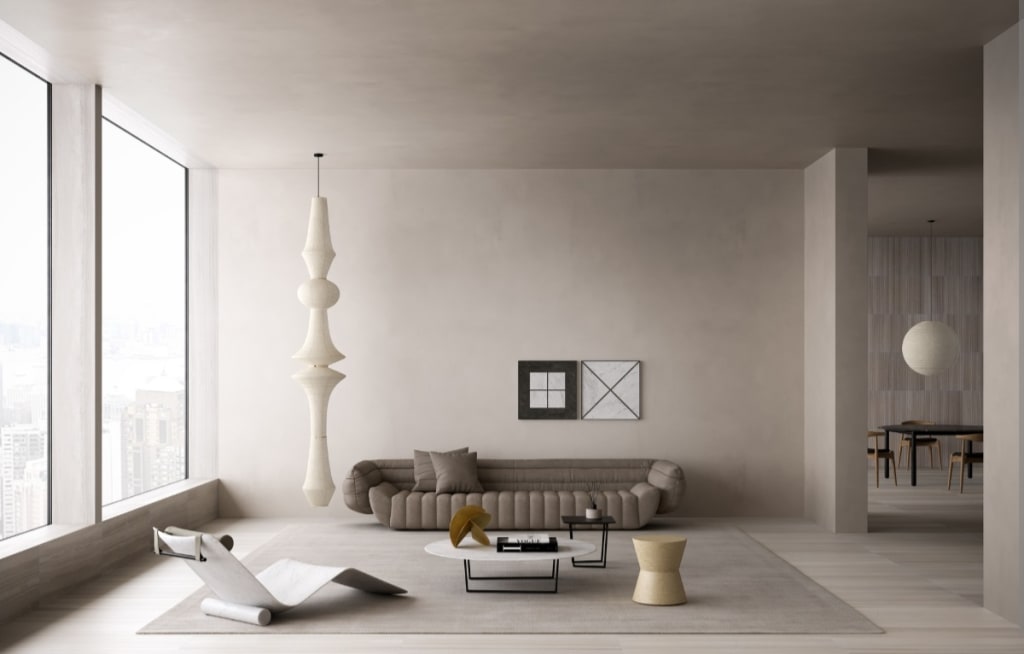Embracing Minimalism: The Art and Benefits of Decluttering
Funk or Junk?

In an increasingly fast-paced and consumer-driven world, minimalism has emerged as a powerful antidote, offering individuals a pathway to simplicity, clarity, and intentional living. At its core, minimalism is not just about getting rid of physical clutter but also about fostering a mindset that prioritizes what truly matters. Understanding the principles, benefits, and practical strategies of minimalism and decluttering can transform both living spaces and lifestyles.
### **Principles of Minimalism**
Minimalism is rooted in several foundational principles that guide its practice and philosophy:
1. **Simplicity:** Simplifying life by reducing excess possessions, commitments, and distractions allows individuals to focus on essential priorities.
2. **Intentionality:** Making deliberate choices about what to own, consume, and pursue promotes mindful living aligned with personal values and goals.
3. **Quality over Quantity:** Prioritizing quality possessions and experiences over accumulating unnecessary items fosters appreciation and reduces waste.
4. **Decluttering:** Clearing physical and mental clutter creates space for creativity, productivity, and emotional well-being.
### **Benefits of Minimalism and Decluttering**
Embracing minimalism and decluttering offers numerous benefits that enhance both physical environments and mental states:
1. **Increased Space and Organization:** Removing excess belongings creates a more spacious and organized living environment, reducing stress and promoting relaxation.
2. **Enhanced Focus and Productivity:** A clutter-free space minimizes distractions, allowing for improved concentration and productivity in work and daily activities.
3. **Financial Savings:** Adopting a minimalist lifestyle often leads to reduced spending on unnecessary purchases and maintenance costs, promoting financial stability and freedom.
4. **Improved Mental and Emotional Well-being:** Decluttering can alleviate feelings of overwhelm, anxiety, and dissatisfaction, promoting a sense of calm and clarity.
5. **Environmental Impact:** By consuming less and minimizing waste, minimalism supports sustainable living practices and reduces ecological footprint.
### **Practical Strategies for Decluttering**
Achieving a minimalist lifestyle involves practical steps to declutter and simplify living spaces:
1. **Assess Possessions:** Evaluate belongings based on their usefulness, significance, and alignment with personal values. Discard or donate items that no longer serve a purpose.
2. **Organize Efficiently:** Implement storage solutions that maximize space and facilitate easy access to essentials. Use containers, shelves, and furniture with minimalist design.
3. **Mindful Consumption:** Adopt a mindful approach to purchasing new items, considering quality, durability, and necessity before making a decision.
4. **Digital Decluttering:** Extend minimalism to digital spaces by organizing files, deleting unnecessary emails and apps, and reducing screen time.
5. **Embrace Minimalist Design:** Opt for clean lines, neutral colors, and functional furniture to create a calm and harmonious living environment.
### **Cultural and Social Impact of Minimalism**
Minimalism has gained momentum beyond personal lifestyle choices, influencing cultural trends and societal values:
- **Consumer Culture Critique:** Minimalism challenges the culture of overconsumption and materialism, promoting conscious consumption and sustainability.
- **Architectural and Design Trends:** Minimalist design principles have influenced architecture, interior design, and fashion, emphasizing simplicity, functionality, and aesthetic appeal.
- **Community and Connection:** Minimalism encourages meaningful relationships and experiences over material possessions, fostering community engagement and social connections.
### **Challenges and Considerations**
While minimalism offers compelling benefits, it also presents challenges and considerations:
- **Sentimental Attachments:** Letting go of sentimental items can be emotionally challenging, requiring careful reflection and decision-making.
- **Lifestyle Adjustments:** Transitioning to a minimalist lifestyle may require adjustments in habits, routines, and social expectations.
- **Personalization:** Minimalism is not one-size-fits-all; individuals can personalize their minimalist journey based on their preferences, circumstances, and priorities.
Minimalism and decluttering offer a transformative approach to living that goes beyond physical spaces to encompass mental clarity, intentional living, and sustainable practices. By embracing the principles of simplicity, intentionality, and mindfulness, individuals can create environments that support well-being, productivity, and a deeper connection to what truly matters. Whether through organizing living spaces, reducing consumption, or fostering meaningful relationships, minimalism empowers individuals to lead fulfilling lives aligned with their values and aspirations. Embracing minimalism is not just about less—it's about creating space for more meaningful experiences, connections, and personal growth in a world that often values excess.
About the Creator
Enjoyed the story? Support the Creator.
Subscribe for free to receive all their stories in your feed. You could also pledge your support or give them a one-off tip, letting them know you appreciate their work.





Comments
There are no comments for this story
Be the first to respond and start the conversation.